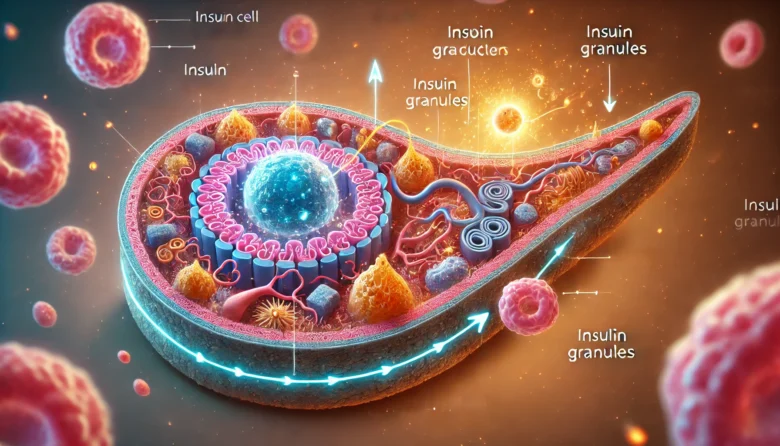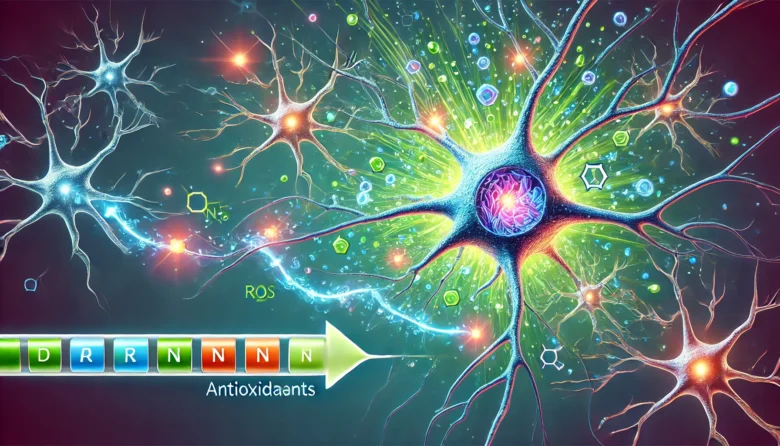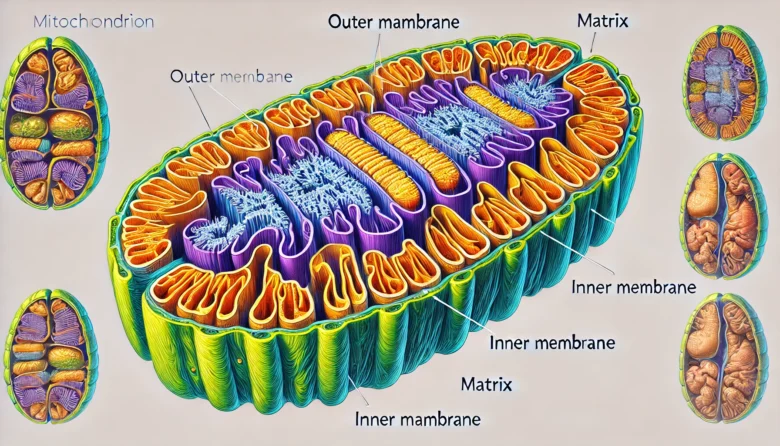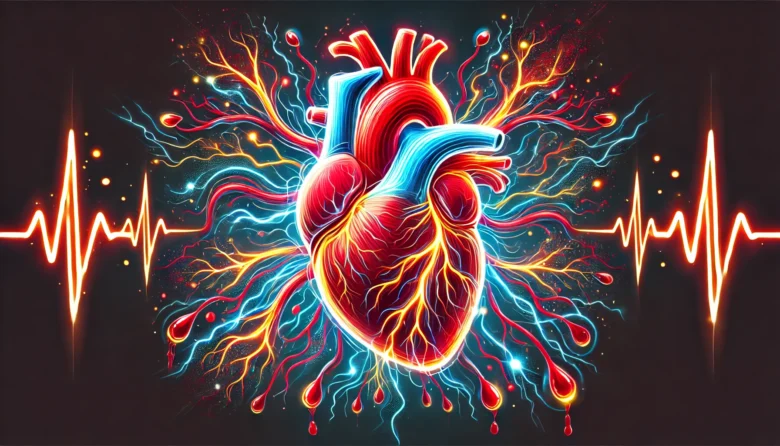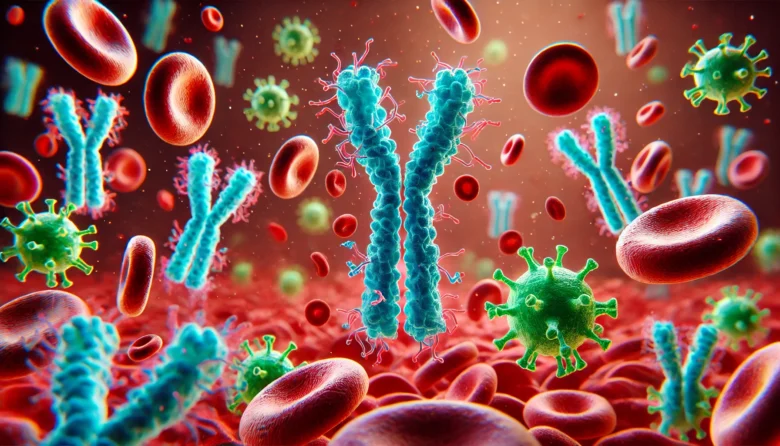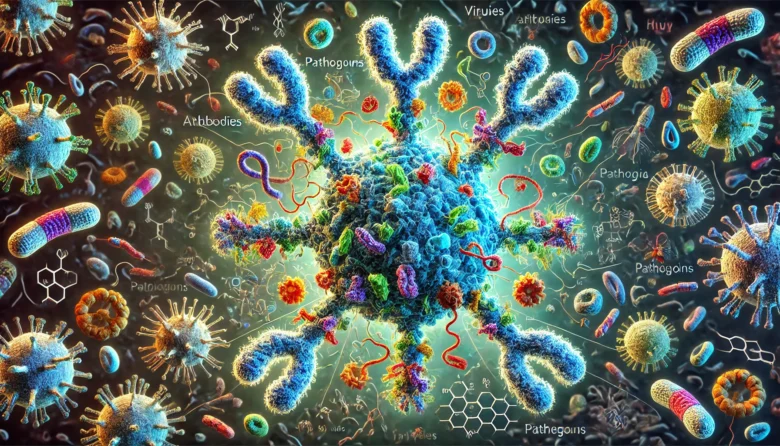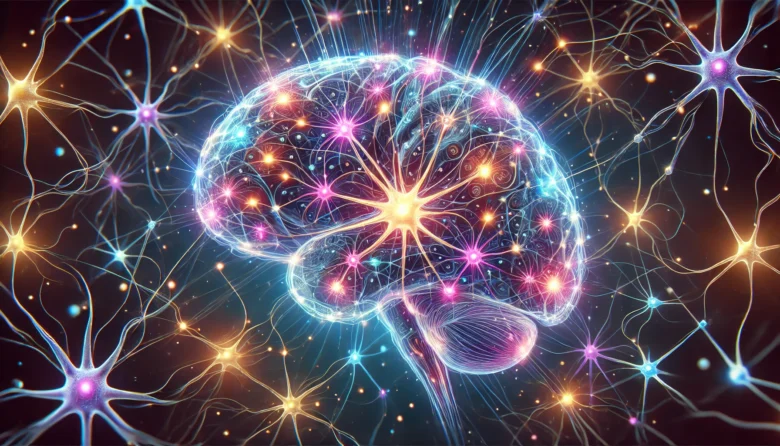Fun Fact: Did you know that short-term stress can actually boost your immune system? However, long-term stress can have the opposite effect! Stress is a universal experience, and whether it’s dealing with work deadlines, personal relationships, or health issues, we’ve all been there. But have you ever wondered how stress affects both your physical and …
Year: 2024
Fun Fact: Did you know that even when you’re sleeping, your body is constantly burning calories? This process, called basal metabolic rate, is essential for keeping your body functioning while at rest! When we think about energy, we often imagine power plants or batteries, but the most amazing energy system is right inside our own …
Fun Fact: Did you know that scientists have successfully used stem cells to help a patient with type 1 diabetes produce her own insulin for the first time? It sounds like something from a science fiction novel, but it’s reality. In a groundbreaking medical breakthrough, researchers have developed a stem cell therapy that may change …
Fun Fact: Did you know that Mars, now a cold and barren desert, once had liquid water flowing on its surface? Yes, it’s true! Mars wasn’t always the dry, lifeless planet we see today. Billions of years ago, this Red Planet had a much thicker atmosphere, which allowed liquid water to exist. But somewhere along …
Fun Fact: Did you know that your brain contains around 86 billion neurons, all constantly communicating to keep your body functioning? When neurons begin to function improperly, they can give rise to severe health issues known as neurodegenerative disorders. Neurodegenerative disorders refer to a group of conditions where nerve cells (neurons) in the brain and …
Fun Fact: Several thousand mitochondria work in a single heart muscle cell, whereas up to 100,000 work in a mature egg cell. Relative to their weight, they produce 10,000–50,000 times more energy than the sun—energy in the form of adenosine triphosphate (ATP). When you think about energy production, you might picture power plants or solar …
Have you ever wondered how your heart tirelessly keeps beating, day in and day out, ensuring that your body stays alive and well? The science behind how the heart functions is captivating and is essential for ensuring good cardiac health. Understanding how the heart works, from its rhythmic contractions to the way blood flows through …
Have you ever wondered why some people can eat peanuts without any issues while others have a life-threatening allergic reaction? Or why do certain individuals develop chronic diseases where their immune system attacks their own body? These conditions fall under the fascinating yet complex realm of allergies and autoimmune diseases. In this blog, we’ll explore the science …
Our immune system is like a complex, highly organized army that protects our body from harmful invaders. At the heart of this defense system are molecules known as antibodies, which play a critical role in identifying and neutralizing threats like viruses and bacteria. Understanding the chemistry of antibodies and immune responses offers fascinating insights into …
Imagine your brain as a vast and intricate network of highways where cars zoom by, delivering information to various destinations. This network helps you think, move, feel, and even dream. But what powers this remarkable system? It’s something called neural networks. The role of neural networks in brain function is as vital as the engine …



